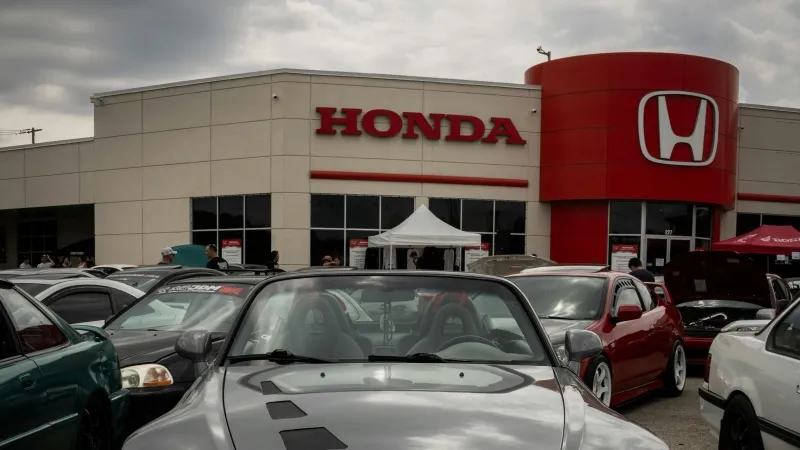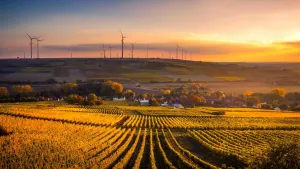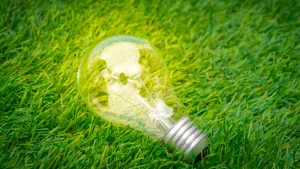
Honda revises fuel cell roadmap in Japan
Changes to original plan driven by global hydrogen market.
Automotive manufacturer Honda has revised its plans for the production of next-generation fuel cell module in Tochigi, Japan.
In a statement, Honda explained: "The original plan was to utilise part of the land and buildings of a former Honda Powertrain Unit Factory in Moka City, and begin operation of a dedicated plant to produce the next-generation fuel cell module developed independently by Honda.
"Preparation for this project was already underway, with an aim to begin operation of the plan in the fiscal year ending March 31, 2028 (FY2028) with annual production capacity of 30,000 units.
"However, in light of recent changes in the global hydrogen market environment, Honda reassessed the plan in the direction to reduce initial production capacity and delay the timing to begin full production."
It's unclear what Honda's new timeline and targets are for fuel cell module production.
Prior to Honda adjusting its fuel cell module production roadmap, it qualified to receive a government subsidy under a project headed by the Japanese Ministry of Economy, Trade and Industry. The project's goal is to support the establishment of supply chains consisting of Japanese manufacturing companies in the area of green transformation.
"Honda decided to opt out of the programme as its revised plan will no longer fulfil the requirement of starting operation before the end of the FY2028 with an annual production capacity of more than 20,000 units," the company revealed in its update without elaborating further.
Having conducted research and development of hydrogen technologies and fuel cell electric vehicles (FCEVs) for over three decades now, Honda describes itself as among the first businesses to focus on the potential of hydrogen as part of carbon-neutral society ambitions.
"Working toward the realisation of carbon neutrality for all products and corporate activities Honda is involved in by 2050, Honda has identified four core domains for the utilisation of its next-generation fuel cell module – FCEVs, commercial vehicles, stationary power generator, and construction machinery – and has been working to further expand opportunities for its hydrogen business to grow it as one of the new core businesses of Honda," the carmaker stated.
Honda launched the world's first FCEV in 2002 after building a prototype in 1998. FCX Clarity sedan, the first mass-produced dedicated FCEV, was rolled out by Honda in 2008. Moving forward, the aim is to achieve carbon neutrality by connecting hydrogen use across the abovementioned domains.













